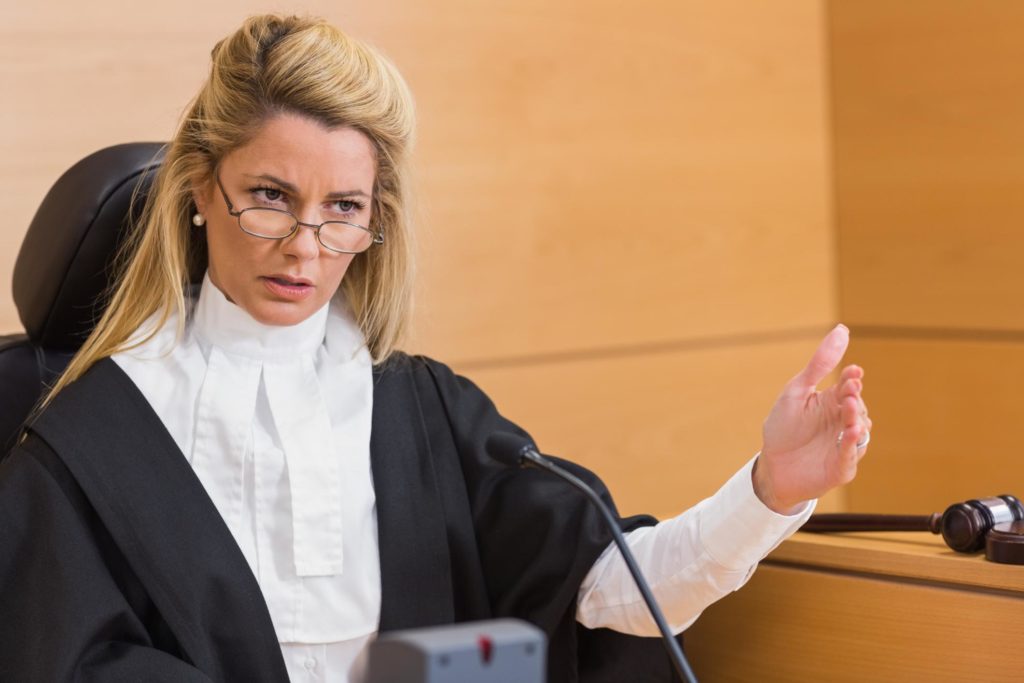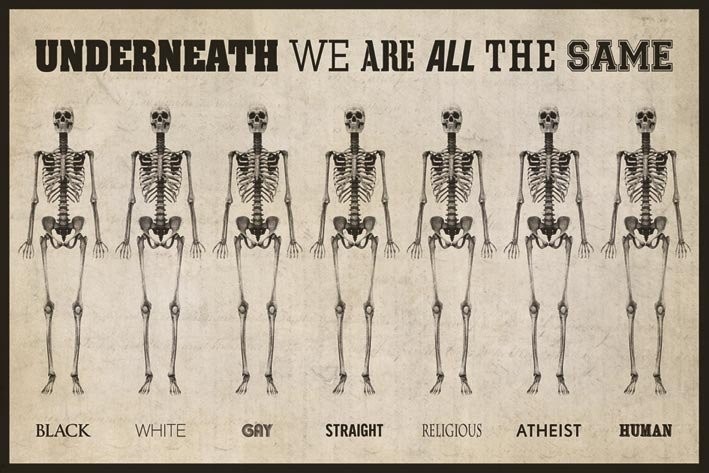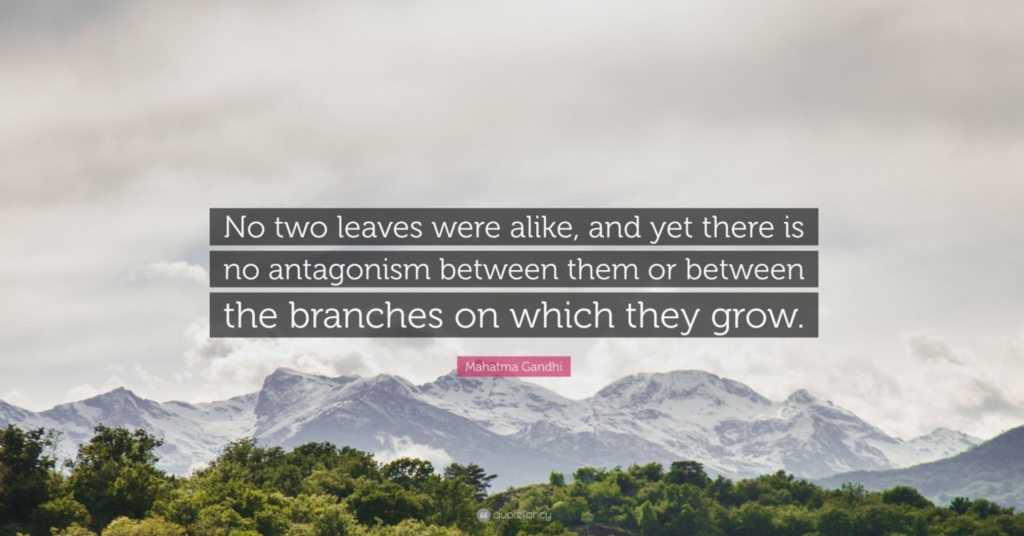
Inequality exists in everyday life. Wherever we see differences in wealth, power, and status, you can be sure that there are people getting the short end of the stick. That’s why we need to do our part and speak out for others. Every single thing that you do matters and contributes to the collective effort to make the human race fairer. Learn how you can contribute to the movement and why equality and fairness matter. (Estimated reading time: 5 minutes)
“Before God we are all equally wise – and equally foolish.”
— Albert Einstein
A humbling experience for me is going to a museum, and looking at the skeletal remains of those who have passed.
Whether it’s the skull of a medieval peasant or the mummy of a royal pharaoh, I experience a primal connection to the deceased because I sense the common thread of humanity that I share with them. I’m confronted with the reality that we all ultimately face the same fate, and will go through the same emotional journey.
Yet, the commonality of our mortality has never been a sufficient reason for humans to grant the same fundamental rights to everyone. Throughout history, marginalized groups have been targeted by those in power. They were vilified, banished, tortured, and killed because of their sex, skin color, religion, class, or political affiliation.
These perceived differences caused those in power to permit slavery, genocide, forced conversion, and mass expulsion. We tend to remember the events that are most publicized, and those with associated graphic images, like the apartheid movement, the Holocaust, and recent genocides inflicted on people of certain races, genders, and faiths.

But inequality and unfairness also exist in everyday life. Wherever we see differences in wealth, power, and status, where the divide of privilege is common, you can be sure that there are people getting the short end of the stick.
In a stratified society, there is no win-win, and not everyone will have a voice or a platform to express their dissatisfaction and grief; whether it’s women who don’t receive equal pay in a male-dominated corporate world or people of color who are given harsher sentences for minor infractions, or foreigners who are considered unintelligent because of their accents or lack of fluency.
A cynic might say that such is life. There’s always been a pecking order and there will always be. Or they might say that life is unfair – deal with it. However, when it comes to achieving equality, perfection has never been the standard. The truth is that a utopian society where everyone accepts and equally supports each other is not achievable.
Our aim is not perfection – it’s progress. It’s the enduring hope to be better, and create a better world in the process. Hope is the driving force that has liberated the oppressed. Our ancestors found purpose in the fight for their rights, even if they knew that they may not live to see a time when those rights were finally granted.

When Martin Luther King Jr. gave his iconic speech “I Have a Dream” in 1963, which won him a Nobel Peace Prize, he fanned the fires of desire for freedom and equality among fellow African Americans:
“I have a dream that one day every valley shall be exalted, every hill and mountain shall be made low, the rough places will be made plain, and the crooked places will be made straight, and the glory of the Lord shall be revealed, and all flesh shall see it together. This is our hope.”
Even though King was assassinated five years later, his indelible impact on the fight for equality is recorded in history forever – not because he single-handedly won the Civil Rights movement, but because he was a catalyst for it.
He raised the bar by establishing a standard that others could not envision yet. They were too mired in the grave injustice inflicted on them to see beyond it.

Similarly, we can become catalysts for equality by setting a personal standard to treat everyone equally and fairly, whether they are a janitor, or the CEO of a company. If we’re inclined to do so, we can fight for the underdog – we can speak out for those who are facing injustice at the hands of others.
Every single thing that you do matters and will contribute to the collective effort to make the human race fairer. When everyone does their part, we can achieve far more than we ever could on our own. Our efforts also honor those who made sacrifices in the fight for equality.
Here are three important reasons why equality and fairness matter:
1. It allows people to be their best selves: When people are treated fairly and have equal opportunity, they’ll be able to tap into their strengths and put them to good use. Any blocks to resources and chances to learn and expand will limit a person’s growth. For example, girls and women in certain parts of the world still don’t have access to education, preventing them from joining the workforce. They become targets for abuse in a male-dominated society. Activists Malala Yousafzai highlighted this issue when she said, “the extremists are afraid of books and pens, the power of education frightens them. They are afraid of women.”
2. More progress through collaboration: When barriers are erected through prejudice and fear, it alienates certain groups of people and prevents them from sharing their thoughts and creative expression. Every person can make a positive contribution with the right guidance and education. Diverse background, skill and experience can enhance any project or discussion. That’s why we need to level the playing field so that everyone can collaborate and work freely together to promote progress.
3. It fosters cooperation and peace: Extending equality to all builds a stronger community, nation, and ultimately, the world. When citizens of a country treat others with respect, regardless of their race, gender preference, or socio-economic standing, it creates a more prosperous and harmonious environment. Truly equal and fair societies have people who are more willing to work together and strive to find a peaceful resolution when conflict arises.
During times of crisis like natural disasters, or a crime that impacts a whole town, people tend to forget any perceived differences they have with others. Those walls break down, and they open their hearts to those directly affected. This proves that we are capable of tapping into our humanity and cooperating with those around us.
During simpler times, when humans were free to roam the Earth as they pleased, everyone had equal access to everything that was found in nature. Anyone could pick fruits from the trees, hunt animals in the wild, drink water from the lakes, and find shelter inside caves. Mother nature offers her bounty to everyone – there’s no reason why we shouldn’t do the same as an advanced society.
All my best on your journey,
Seline

Question for you: Why do you think that equality and fairness matters? How do you demonstrate that in your life?
Did you like this post? Sign up below, and I’ll send you more awesome posts like this every week.

You are so right – everyone has a right to live peacefully. Equality is a must for us all.
I agree we all need equality- but that does not always translate into a clean black and while fairness does it? There could be a time where equality means that one person or group could be treated unfairly simply because we are trying for quality.